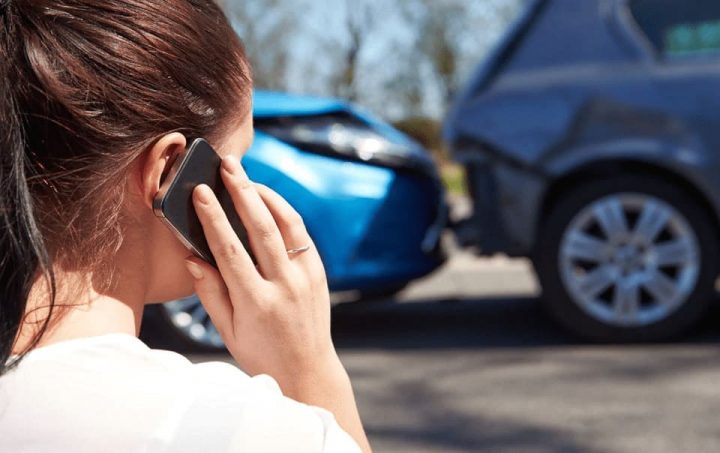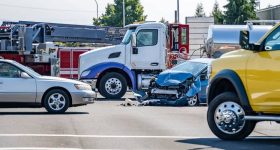How to Make Sure You’ll Get Paid After Being in a Traffic Mishap

You’ve been in a car accident, what do you do? There are a few things you need to do in order to protect yourself and to ensure that you are rightfully compensated. The first and most important thing to remember is that you need to stop after you’ve been in an accident. Even if it doesn’t feel like there are any damages. Next, you need to assess the damages. After this you need to file a report, stating what happened from your point of view, as truthfully as possible. Here’s what you need to do to make sure that you’ll get paid out after being in an accident.
At the Scene
Even the most cautious of drivers get into accidents. Once it happens, it pays to know what protocol to follow to get all of the information you need to make an insurance claim. In order to get any accident compensation, you will need to understand the points below. Let’s go into more detail regarding what you need to do after you’ve been in an accident.
1. Assess the Damage and See if Anyone is Hurt
If someone is hurt and needs medical attention get them some help. Don’t move the car unless it is seriously obstructing traffic. Wait for the police to arrive before you leave.
2. Contact the Police
Even if it is a little fender bender, it is important that there is a legal accident report. You can either wait for the police to arrive at the scene, or you can take photos of the scene, making sure to document it from all angles, and then go to a police station and file a report. Without a report, you cannot file a claim.

3. Limit the Amount You Talk about the Event With the Other Party
You need to limit talk of the accident with other people at the scene. Sometimes we are polite and tend to try to take the blame when it was not our fault or to play down the severity of what the other party did. Only chat with first responders, police officers, and insurance representatives about the accident.
4. Get the Facts of Your Accident
An accident can be stressful and sometimes people forget to gather the important information that they need. Here is an itemized list you can keep on hand:
You should get:
- Names
- Addresses
- phone numbers of others involved in the accident
- make, model, and license plate number of the other car
- get their insurance details
- get their car’s vehicle identification number (VIN) if you can.
Car Accident Information Checklist – What to Get
In order to file a claim, you need to have sufficient details about what happened, the other driver’s details, and details for insurance. Here’s more information on how to collect everything you need.
1. Car Accident Form
The best way to deal with anything stressful is to be prepared. Have a car accident form on hand. It will help you to better collect the information at the scene of an accident. You can also get one from the DMV, or a police station nearby.
Remember, each state has its own form. Having a form on hand will make it easier for you to remember what you need to file a claim.
2. The Other Driver’s Insurance
You don’t just need personal contact details from the other driver, you will also need their insurance details. Get their:
• Insurance company name.
• Insurance policy number.
3. The Event
In addition to all of the vehicle details like, make, model, color, year, registration, and number plate, you need other details about the event. You need:
- Date and time of the event.
- Address of where the accident occurred
- The road you are on
- Which direction you were going.
- Which way the other car was going.
- Clear photographs from all angles, and possibly video, too.
- Details of what happened. Write this down immediately after it happened, or take a voice recording, so that you remember all of the details.
- Note the driving conditions, the weather, and visibility.
- Names and contact information of witnesses
- The name, badge number, and contact information of police officers at the scene.
Concluding Thoughts
Do not say who was at fault, or details of how you feel or what you were doing right before the crash on your report. Keep your recount short and factual. Make sure that you collect the necessary information so that you will be able to file a complete claim.










